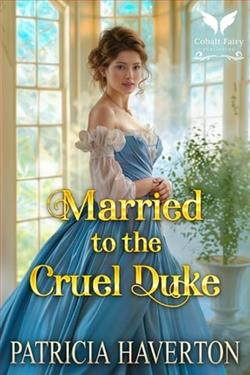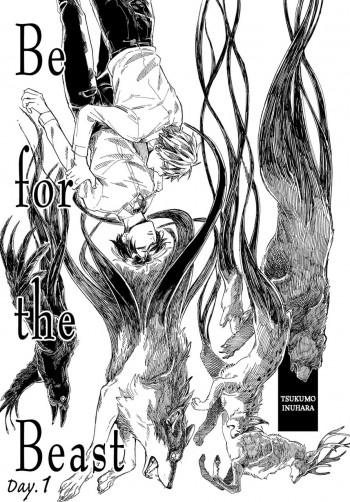Martial Peak Reviews
Patricia Haverton's Married to the Cruel Duke is a captivating historical romance that delves into the complexities of love, redemption, and the human capacity for change. Set against the backdrop of Regency-era England, this novel weaves a tale that is as much about personal transformation as it is about romance.
The story begins with Rebecca, a young woman whose family sees her as a burden. In a bid to rid themselves of her, they arrange her marriage to Duke William, a man notorious for his cruelty and cold demeanor. This premise sets the stage for a classic tale of a marriage of convenience, but Haverton skillfully elevates it by exploring the deeper emotional landscapes of her characters.
Rebecca is a compelling protagonist. Her resilience and determination to break through William's icy exterior make her a character worth rooting for. Despite the bleak circumstances of her marriage, she remains hopeful and steadfast in her belief that there is more to William than meets the eye. Her journey is one of self-discovery and empowerment, as she learns to navigate the treacherous waters of high society while staying true to herself.
William, on the other hand, is a complex character shrouded in mystery and pain. His reputation as a monster is not unfounded, yet Haverton peels back the layers of his character to reveal a man haunted by his past. The duality of his nature—his desire to protect Rebecca from himself while simultaneously being drawn to her—creates a tension that is palpable throughout the novel. This internal conflict is one of the book's most compelling aspects, as it adds depth to William's character and keeps readers engaged.
Themes of redemption and transformation are central to the narrative. Haverton explores how love can be a catalyst for change, even in the most hardened of hearts. The relationship between Rebecca and William is a testament to the power of patience and understanding. As Rebecca slowly chips away at William's defenses, readers are reminded that true love is not about perfection but about accepting and embracing each other's flaws.
Haverton's writing is both evocative and immersive. Her attention to detail brings the Regency era to life, from the opulent ballrooms to the intricate social hierarchies. The dialogue is sharp and witty, capturing the nuances of the period while also allowing the characters' personalities to shine through. The pacing of the novel is well-balanced, with moments of tension and introspection interspersed with scenes of romance and tenderness.
In comparison to other works in the genre, Married to the Cruel Duke stands out for its character-driven narrative and emotional depth. Fans of Julia Quinn's Bridgerton series or Lisa Kleypas's Wallflowers series will find much to enjoy in Haverton's novel. Like Quinn and Kleypas, Haverton has a knack for creating memorable characters and crafting stories that resonate on an emotional level.
One of the novel's strengths is its exploration of the societal constraints placed on women during the Regency era. Rebecca's struggle to assert her independence and find her voice within a patriarchal society is a theme that will resonate with modern readers. Haverton handles these themes with sensitivity and nuance, ensuring that they enhance the story rather than overshadow it.
Overall, Married to the Cruel Duke is a beautifully written and emotionally satisfying novel that will appeal to fans of historical romance. Patricia Haverton has crafted a story that is both timeless and timely, exploring themes of love, redemption, and the transformative power of human connection. Whether you're a longtime fan of the genre or a newcomer looking for a captivating read, this book is sure to leave a lasting impression.
In conclusion, Married to the Cruel Duke is more than just a romance novel; it is a story of hope, resilience, and the enduring power of love. Patricia Haverton has delivered a tale that is as heartwarming as it is thought-provoking, making it a must-read for anyone who believes in the possibility of redemption and the transformative power of love.
























Reviews 0
Post a Reviews: